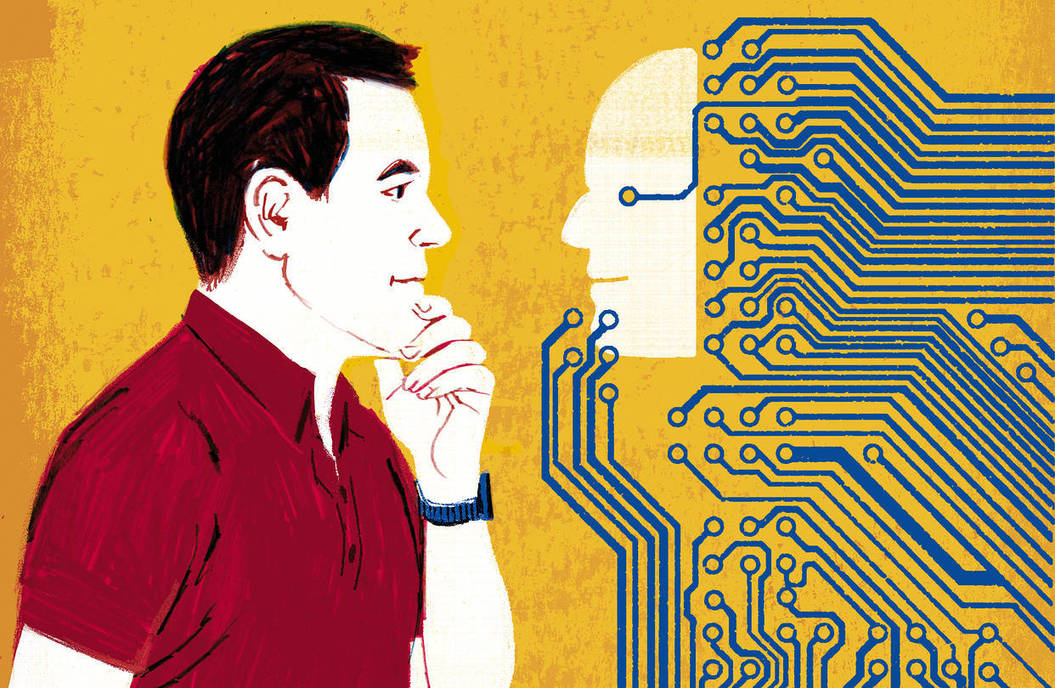It was my blessing and my curse to be the world chess champion when computers finally reached a world championship level of play. When I resigned the final match game against the IBM supercomputer Deep Blue on May 11, 1997, I became the first world champion to be defeated in a classical match by a machine.
It is no secret that I hate losing, and I did not take it well. But losing to a computer wasn’t as harsh a blow to me as many at the time thought it was for humanity as a whole. The cover of Newsweek called the match “The Brain’s Last Stand.” Those six games in 1997 gave a dark cast to the narrative of “man versus machine” in the digital age, much as the legend of John Henry did for the era of steam and steel.
But it’s possible to draw a very different lesson from my encounter with Deep Blue. Twenty years later, after learning much more about the subject, I am convinced that we must stop seeing intelligent machines as our rivals. Disruptive as they may be, they are not a threat to humankind but a great boon, providing us with endless opportunities to extend our capabilities and improve our lives.
Sourced through Scoop.it from: www.wsj.com




Leave A Comment